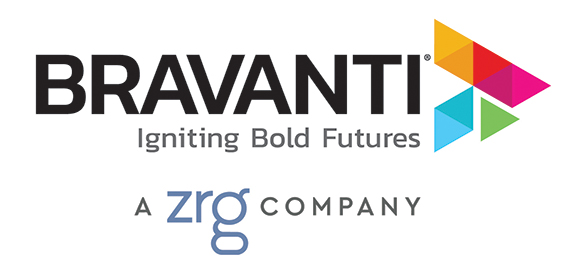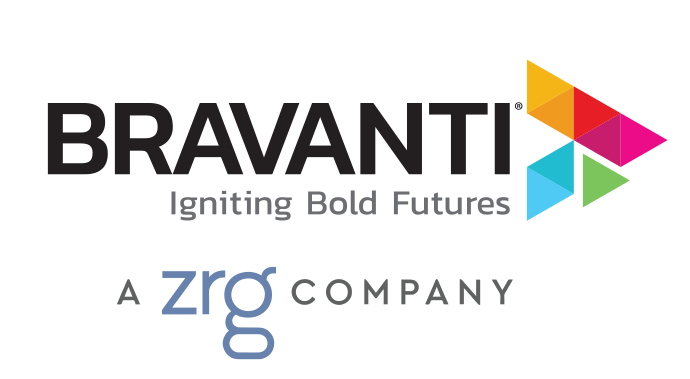Fifteen years ago, it was considered customary to include job references in a resume. Today, job seekers feeling nostalgic may be tempted to include the phrase “References on Request,” but they should refrain. Times have changed and including anything about job references is wasted space on valuable resume real estate. If requested, references will obviously be provided. In fact, an enthusiastic candidate will do almost anything asked of them to move to the top candidate spot. Some employers even request “real work” under the guise of a “marketing sample.” While a candidate may be nervous producing such real work, the bottom line is that you must play the interview game by the employer’s rules. Should you decide to produce whatever they request, hope for the best, and live with the results.
Tips for Sharing Job References
Odds are that at some point you will need to reveal job references. In fact, the vast majority of employers check references as part of the hiring process. A job reference can be your friend or foe, depending on your strategy that includes the who, the what, and the when. Here are a few tips to ensure that your references will end up being your trusted and supportive friend.
Job Reference Tip #1 – Keeping up with the Joneses
The who. Think of a reference list as 360-degree feedback, offering input from persons you interacted with above you, beside you, and below you. This provides a full picture of how you perform professionally. In addition to three professional references, consider offering three personal references from volunteer or extracurricular activities, and make sure to give them a heads up. Believe it or not, some candidates will list a job reference without the reference’s knowledge. This is an unwise practice and the element of surprise will likely work against you. Reconnect with them before submittal. Where is your reference living and working these days? Do you have their updated contact information so they can be easily reached by the recruiter? Is your reference aware of your professional development since you last worked together?
Job Reference Tip #2 – Junk in, Junk out
The what. Be sure to vet your job references. Get curious. Ask them how they will describe you. You have a right to know. Do you feel good about what they say about you? Is it favorable? Do they even remember you? You only want people who will be able to articulate your value and contribution, not the colleague who still has an ax to grind. If your unemployment is the result of a dismissal, it is best to collaborate with your reference on a response around your departure before discovering that your stories do not match. A 2012 report that still has relevance today reveals that three out of five employers who contacted a reference stated the reference did NOT have good things to say about the candidate. Employers have even been known to find a fake reference on an application, clearly the end of the road for that candidate.
Job Reference Tip #3 – Be a control freak
The when. Use your jobreferences as a legitimate excuse to reach out to a hiring authority and see where they are in the process, offering your references in a helpful manner. You can learn a lot about the status of the search by their response. It also sends a nice “I’m here and still interested” reminder of you. If you give them out early, you may appear desperate, and you also miss the opportunity to forewarn and prepare your contacts. Briefing your contacts on potential calls is the best way to maintain control over how they share information about you that aligns with the position you are seeking.
Job Reference Tip #4 – Keep your cards close to your chest
More when. This may seem a bit paranoid, but the reality is that one can never be sure of outcomes when information is released. Keeping your references in hand until the very last minute will protect your rise to the top of the candidate pool – with reduced competition. Not to be suspicious of those on your contact list, but what if that peer you listed is just the person the recruiter wants to interview as well?
Job Reference Tip #5 – Lean into LinkedIn
Due to state laws and fear of litigation, many employers only verify dates and duties and state if you are eligible for rehire. Given that, recommendations on LinkedIn are valuable. Many recruiters live on LinkedIn and will often use social media to check you out and learn more, especially since employers cannot spill the beans. We often become myopic when we are employed, neglecting our network. It is never too early to begin establishing your network of potential references who might one day be those powerful supporters when you suddenly find yourself in need.
Job Reference: Friend or Foe?
Will these steps and this preparation make a difference? You bet. A good job reference can move the needle and might result in a candidate hire. Reference feedback is frequently a deciding factor, either pro or con. If you heed these tips and employ a solid strategy of the who, the what, and the when, your references will indeed be your friend, rather than your foe, and help you seal the deal. Every step of a career campaign should be thoughtful, relevant, accurate, and curated to make the process pleasant for the hiring manager and for the candidate. Taking time to revisit, update, and realign your job reference list to ensure you have a trusted and supportive crew of advocates on your team could provide the valuable endorsements you need to secure that prized offer letter.
Content Related to Job References: Friend or Foe?
Been there, done that: Putting Diverse Experiences to Work in the Job Search
Why Youth or Experience Can Be Advantageous in Today’s Job Market

